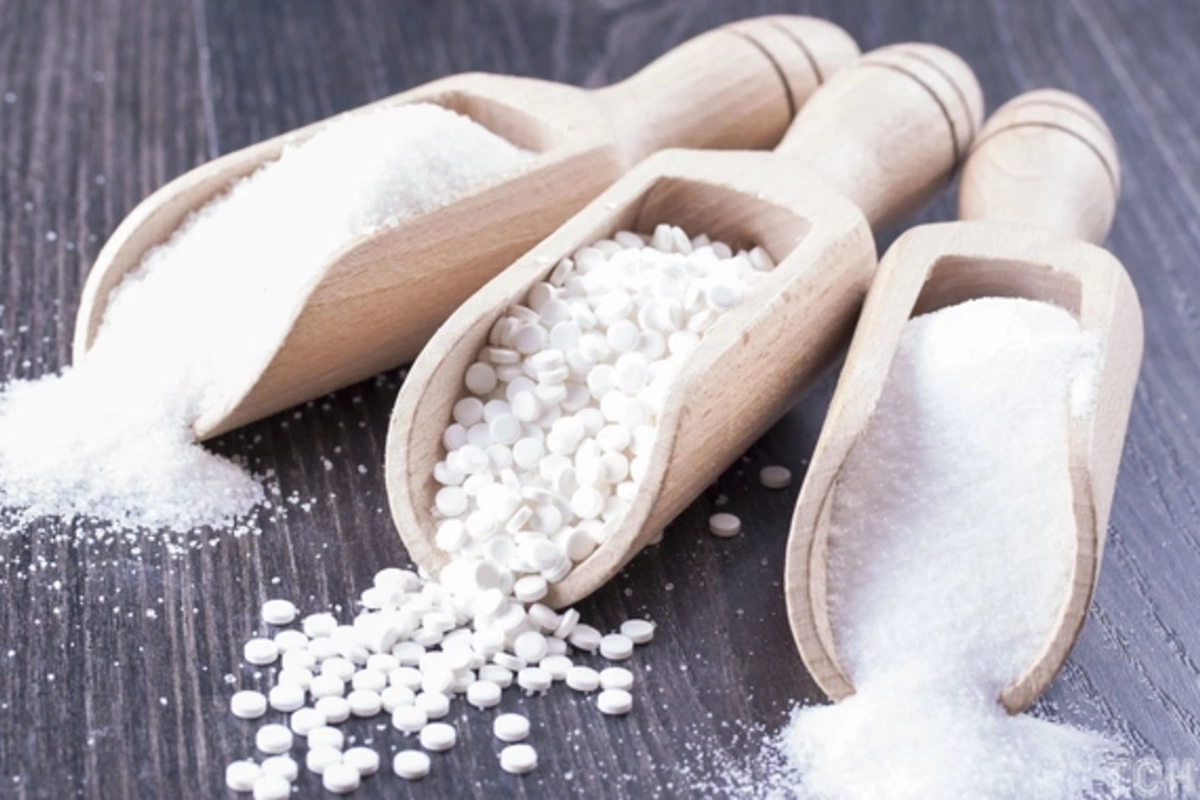22 Apr , 10:56 2025
3

Diet soda, sugar-free chewing gum, "healthy" desserts with zero calories...
We've grown accustomed to thinking that artificial sweeteners are a safe way to indulge in sweets without harming our figure. However, a sensational scientific study has completely overturned this notion.
According to shocking results, sucralose (one of the most popular non-caloric sweeteners, used particularly under the trade name Splenda) can cause the brain to experience an increased sense of hunger. What's especially alarming is that the reaction may be even more pronounced than after consuming regular sugar.
In a large-scale experiment, 75 volunteers aged 18 to 35 participated. Each of them was offered three different drinks at different times:
A drink containing regular sugar (sucrose).
A drink containing sucralose (a non-caloric sugar substitute).
Plain water (as a control sample).
All drinks had the same cherry flavor so that participants couldn't guess their composition. After consuming each drink, researchers carefully measured blood glucose levels, hormone indicators, and also conducted magnetic resonance imaging (MRI) of the brain.
After consuming the drink with sucrose, blood glucose levels significantly increased, and the brain received a clear signal about energy intake. This was accompanied by a natural decrease in appetite - participants felt satiated.
After consuming the drink with sucralose, blood sugar levels remained unchanged. However, the hypothalamus - a key brain center responsible for hunger sensation - was activated. The brain perceived the situation as deception: there's a sweet taste, but no energy. This caused an increased feeling of hunger.
Sucralose is approximately 600 times sweeter than sugar but contains no calories. The body, having tasted sweetness, expects energy intake. However, no calories are received. This imbalance disrupts normal hunger and satiety signals.
The hypothalamus is activated as the brain tries to find the "missing calories".
Satiety hormones, particularly insulin and glucagon-like peptide-1 (GLP-1), are not produced.
Appetite increases and cravings for carbohydrate-rich foods intensify.
This effect is especially pronounced in people with excess body weight.
Disruptions in appetite regulation: false hunger may occur even with proper nutrition.
DNA damage: according to recent studies, sucralose can negatively affect genetic material.
Slowing down the weight loss process: paradoxically, despite consuming non-caloric drinks, a person may overeat and not lose weight.
Changes in brain function: there is a possibility of forming persistent disruptions in the reward system.
Disruption of gut microflora: negative impact on beneficial bacteria, which can affect overall health.
The brain at a young age is particularly sensitive to external influences. Currently, scientists are actively studying how regular consumption of artificial sweeteners affects brain development and the formation of eating habits in adolescents, especially those at risk of developing obesity. One of the hypotheses put forward is that such substances